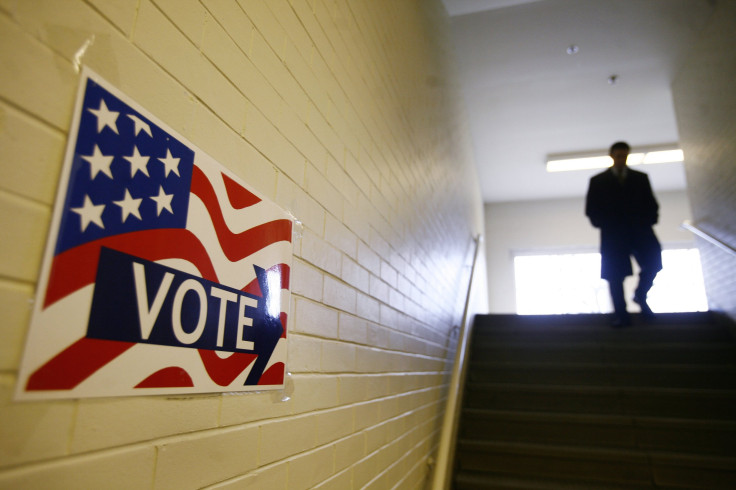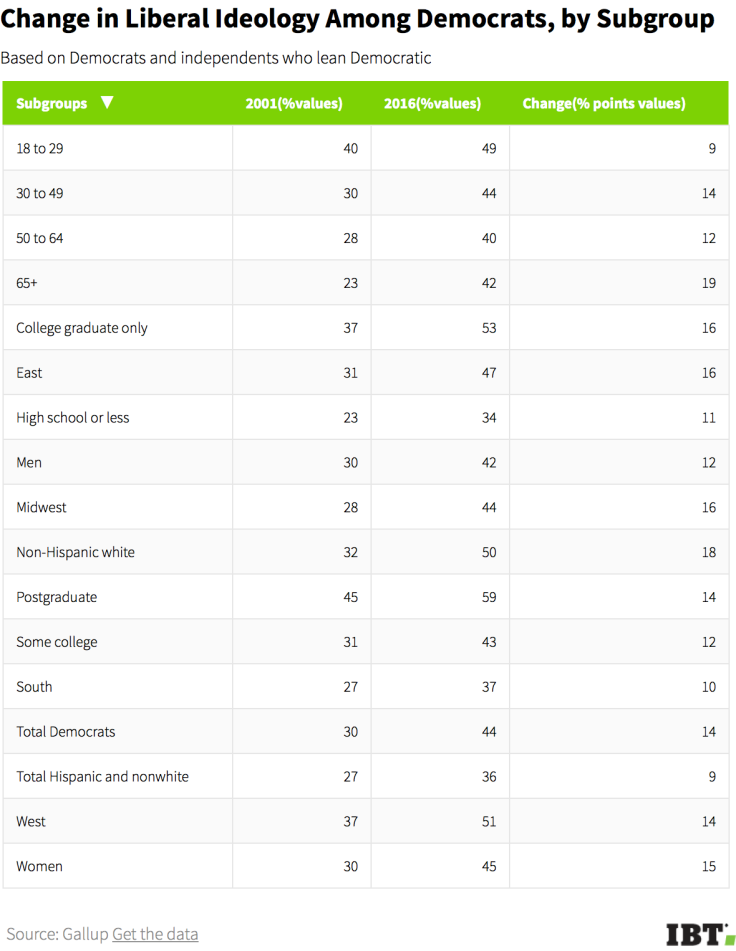Conservatives Outnumber Liberals 36% To 25% In US: Gallup Poll

More Americans identify themselves as political conservatives as opposed to politically liberal or moderates, according to data crunched by a new nationwide Gallup poll.
The polling firm, which claims to be measuring the political ideologies of Americans since 1992, found that the difference between those who identify themselves as conservative (36 percent in 2016) and those who identify themselves as liberal (25 percent in 2016) is almost 11 percentage points.
The gap between the conservatives and liberals, which was at its widest in 1996 (40%:19%), has been steadily decreasing as liberals are climbing the charts at the expense of moderates, according to the conclusions of the report, released Tuesday. A similar Gallup survey in 2015, for instance, notes a difference of 15 percentage points between the two (38%:23%).

The poll’s findings are based on random sampling of about 17,055 adults who were surveyed via cell and landline telephone interviews through 17 separate Gallup polls conducted in 2016. That data, which the polling firm claims had a 1 percent margin of error, was then cross-referenced with other data collected by the pollster over the past decade.
The Gallup study further notes in its methodology that “annual ideology figures are based on combined data from Gallup's multiday, non-tracking surveys conducted each year, encompassing no fewer than 11,000 interviews, and in most years, more than 20,000 interviews.”
The trend of those identifying themselves as moderates decreasing also corresponds to what the report refers to as “a hardening of political polarization between the two major parties.”
The conclusion of the report suggests that though this apparent shift from moderates to liberals may be a question of semantics, it could also be reflective of the ideology that has driven some major constitutional changes in the past two decades such as legalization of same-sex marriage, marijuana and growing opposition to the death penalty.
© Copyright IBTimes 2025. All rights reserved.






















